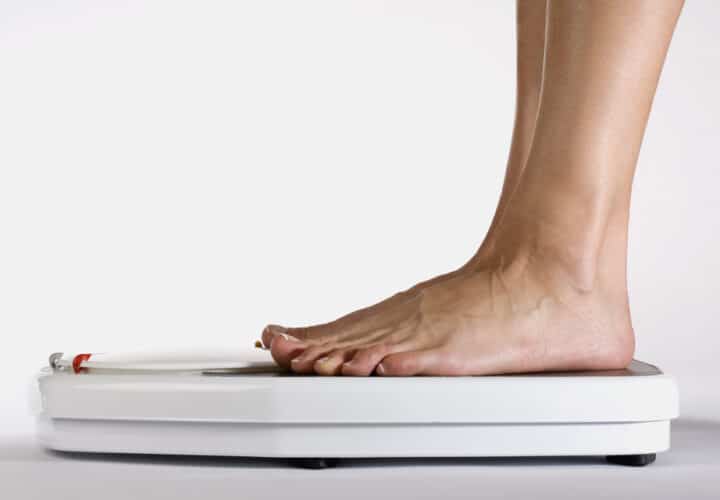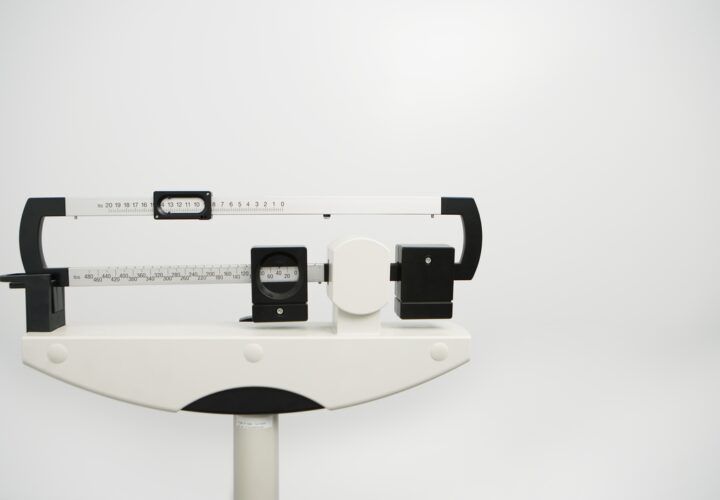Researchers find a link between high body mass index and a greater risk of developing dementia. The answer to the problem? Pay attention to your waist size.
Before deeper investigation into the mysterious link between obesity and dementia, little was known about the correlation. Previous research from the University College London speculated that the link could be a result of a connection between hormones from fat cells causing dementia, or that body fat can be associated with amyloid protein buildup that is a cause for a dementia diagnosis.
Now, a new study out of UCL reveals another piece of the puzzle.
The study was recently published in the International Journal of Epidemiology and explains that 39% of women with central obesity have a higher risk of dementia, a notable finding as women’s risk is particularly higher than men’s.
Professor of Psychology and Epidemiology at University of College London Andrew Steptoe, Co-author of the new study, said: “By identifying factors that may raise dementia risk that are influenced by lifestyle factors, we hope that a substantial portion, but admittedly not all, of dementia cases can be prevented through public health interventions.”
Steptoe and colleagues drew their conclusions from a cohort of 6582 participants who were negative for dementia at baseline testing and who are 50 or older. They placed participants with diabetes and hypertension, carriers of the APOE4 gene (a key Alzheimer’s biomarker), and smokers into the control group in order to focus directly on body mass index (BMI) and its link to dementia. BMI is a person’s weight in kilograms, divided by the square of height in meters, but ignores muscle mass, bone density, overall body composition and other important factors.
The team then measured the BMI of each participant, and then separated the results into three categories: normal weight (18.5–24.9 kg/m2), overweight (25–29.9 kg/m2) and obese (≥30 kg/m2).
From 2002-2017, the researchers then followed-up with all participants to see if they did in fact become diagnosed with dementia – 6.9% did. Those who began the study at normal weight exhibited a lower risk than those who were placed in the obese category during baseline testing. When compared to the normal weight category, the participants placed in obese and high waist circumference groups had a 28% higher risk.
Dr. Richard Isaacson, founder and head of the Alzhemier’s Prevention Clinic at Weill Cornell and New York-Presbyterian Hospital, previously worked on a similar study and told CNN that “From a practical clinical perspective, people who want to protect their brain health over time should pay attention to their waist size.”
He added: “Based on emerging data from studies like this, we are now able to clarify sex differences in dementia risk. Combining these findings with my clinical experience, I have seen greater impact on visceral fat on memory function in women, likely mediated by metabolic pathways.”
In a study published last year, Dr. Isaacson’s team surveyed 154 participants between the ages of 25 and 86 who had a history of Alzheimer’s in their families. After 34 were diagnosed with mild cognitive impairment, Isaacson gave them 21 things to implement into their daily lifestyles.
Eighteen months later, out of the 34 participants, those who followed more than 12 out of 21 of the behavior and lifestyle changes had improved their memory and problem solving skills.
Both studies hold a strong correlation between lifestyle habits and dementia risk, which will allow doctors to create preventative plans for patients.
With this latest study finding more definitive answers, Isaacson says people can take more precaution in their lives to better their futures.











